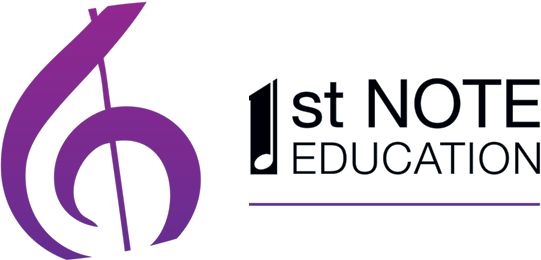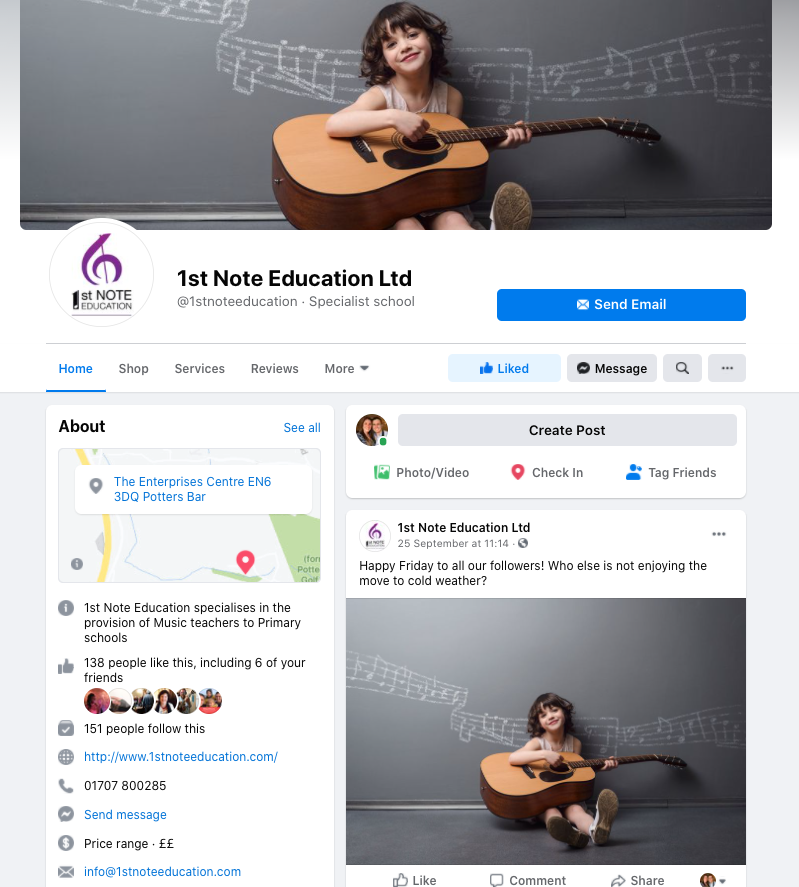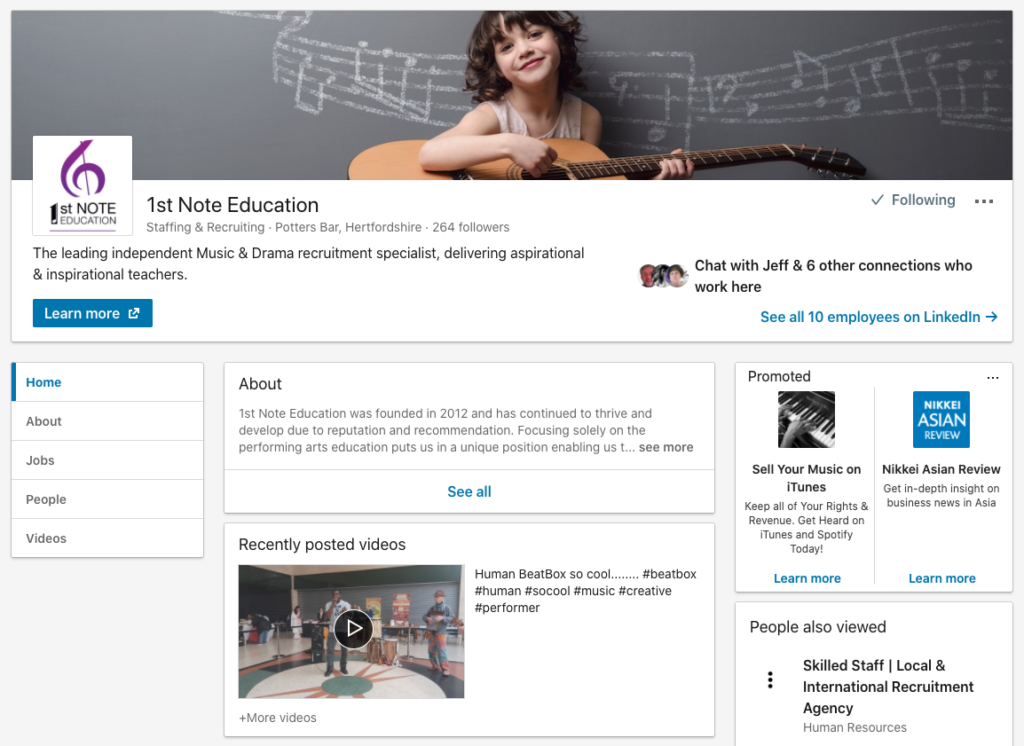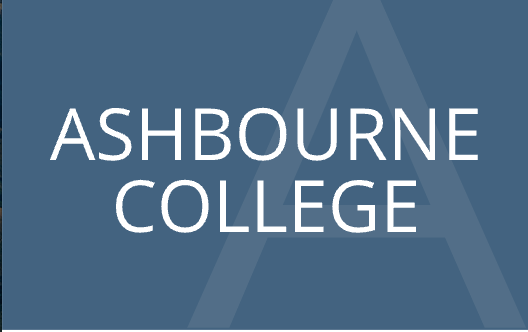Behavioural Management II
This week’s blog focuses on behavioural management within the classroom. As new teachers, it is not always easy to find your niche when it comes to dealing with classroom issues. However, to master good management skill from the moment you hit the classroom can be the difference between having a class that listens quietly and shows full attention, to a class that gets their ‘own way’ throughout your lessons, making your teaching life miserable! Good schools will have heads, teachers and TAs that will support and reinforce you, should you need backup. But if that help is not available, it is important to be prepared for all eventualities. Children can be peculiar creatures and can react in odd ways. Let us not forget that they are young and still trying to work out how to deal with feelings and emotions. Something as simple as the weather conditions can change a student’s attitude to learning. Now, there will be some parts of this article that will relate to other blogs that I have already written (such as Blog 6 Classroom discipline), but it is always good to reiterate with fresh ideas, and as classroom behavioural management seems to be a bit of an issue for new teachers, refreshing ourselves with tips might just help in our teaching skills.
The tips are provided by a teacher called Tom Sherrington, also a blog writer, whom leaves comments throughout, and were taken from a behavioral management DVD compiled by Dr. Bill Rogers who carries out lectures in how to deal with tricky classes. The tips are beneficial to all teachers, no matter what sector, and look at direct and aesthetical approaches to dealing with behavior problems
Top Ten Ideas from Bill Rogers
-
The Black Dot in the White Square:
The Black Dot in a White Square: What do you focus on?
It is often necessary to get class or individual behaviour into perspective in order to maintain a positive atmosphere in the class.  In Bill Rogers’ model, the black dot represents the negative, disruptive behaviour of certain individuals or the class as a whole; the white square represents the positive behavior of the majority or the normally good behavior of an individual.  By focusing on the black dot, we are forgetting the white square. This illustrates the need to keep things in perspective and helps to avoid using sweeping statements that can harm positive working relationships
-  The class is awful
- The group never works sensibly
- The student is unable to behave
- Everyone is being too noisy
This thinking made me realise I was one who would pick up on the late-comers, the noise makers and the students off-task, at the expense of reinforcing the good behavior of the majority.  Is so much healthier for all concerned to swap that around.  I find it applies to homework too… focus on the bits you get in, rather than the ones you don’t.
-
Using Positive Language
This is so simple but packs a punch.  Instead of “will you stop talking’ you say “I’d like everyone listening, please”.  Instead of “John, stop turning around and distracting Mike” you say “John, I’d like you facing this way and getting on with your work… thanks.”
After watching Bill Rogers, I found myself saying ‘thanks’ all the time.. and it makes a difference.
-
Choice direction and ‘when…then’
Classic parenting techniques that work brilliantly.
- Jamil, you can either work quietly by yourself or you can come up and sit with me,
- James, you can go next door to work with Mr Anderson or you can work sensibly with Andy as I’ve asked.
- Richard, you can do exactly what I’ve asked or get a C3 detention as you were warned earlier.
- When you have finished tidying up your area… then you can sit wherever you want….
This works so much better than crude belligerent ‘do what I say’ command language.
-
Pause Direction
Students are in the bubble of their own a lot of the time.  Just because you start talking, doesn’t mean they hear you. Make a deliberate pause between gaining a student’s attention and a direction to ensure they have had sufficient ‘take up’ time. Eg.  “Michael  pause…David…pause…could you face this way and listen, thanks”.
You gain their attention, with eye contact, before you say what you want to say.  Try it….
-
Take-up Time:
This avoids the horrific teacher domineering – “come here Boy!” nonsense.  Simply, “Michael…(pause to gain attention)… come up here a sec please.” Then deliberately look away… talk to someone else.  Michael will come. He just will.  In his own time.  It works – try it.  It also works in the corridor.  “John, come over here for sec please… then walk away to a private area, away from peers.  John will follow  – and not lose face.”  You can then have a quiet word about the behaviour without the show-down.
-
 ‘You establish what you establish’
This refers to the establishment phase with a new class.  Right from the start, anything you allow becomes established as allowed; and anything you challenge is established as unacceptable.  The classic is noise level and off-task talking.  If you do not challenge students who talk while others talk, you establish that this OK; it is no good getting bothered about it later… Similarly with noise level. If you ask for ‘silence’ and then accept a general hubbub – then your message is ‘silence means general hubbub’.  If you want silence – you have to insist on it.  Bill Rogers is great on this whole area of planning for behaviour; investing time in setting up routines – a signal for attention, how you come in and out of the classroom, the noise level.  Talk about it explicitly and reinforce it  regularly.  The start of a new term is a good time.
At any point, if you are not happy with the behaviour in your lessons, you have to address it explicitly.  Otherwise, the message is that you accept it.
-
Teacher Styles
- Don’t be an Indecisive teacher: hoping for compliance but not insisting; being timid in the face of a challenge; pleading not directing.
- Don’t be the opposite: an Autocratic teacher : using a power relationships to demand compliance without any room for choice. (No-one likes or wants a bullying teacher.)
- Be an Assertive teacher: This teacher expects compliance but refuses to rely on power or role status to gain respect.  The teacher plans for discipline, uses clear, firm direction and correction, but acts respectfully, keeping the aims of discipline clearly in mind.
In all honesty, the most common problem ‘weak teachers’ have, in my experience, is that they are not assertive enough; it is their Achilles heel.  The tough part is that this comes with experience for many.  I have learned to be assertive without being autocratic…and actually that is easier than learning to be assertive if you’re not. But you have no choice – it is a key teacher skill that needs to be worked on.
-
 Controlled severity
– but where certainty matters more than the severity
Most great teachers establish very clear boundaries.  How? Well, usually, this happens through the occasional dose of ‘controlled severity’. A sharper, harder corrective tone that conveys: “No! You will not do that –EVER!” Followed quickly by a return to the normal friendly, warm tone. Ideally, the simple sharp reprimand is all that is needed – that cross tone that says: “I still love you dearly, but you know that is beyond the boundary and you know I will not tolerate it again”.  Most teachers regarded as ‘good with discipline’ only need to use the severe tone occasionally – because it works and the class remembers.
As with parenting, the art is getting the balance: not overused or generated from real anger – thus de-sensitising children OR under-used and ineffectual.  In both of these cases the boundaries are hit constantly because there is uncertainty about where the boundaries are.  With good ‘controlled severity’ the boundary is not hit so often –because the kids know exactly what will happen.  Like a low voltage electric fence!  You know where it is, without nagging or constant negotiation, and you know exactly what happens if you touch it – so you don’t go there. The key is that the consequence is certain to happen – not the level of severity.  Teachers who can never sound cross often struggle. Similarly, teachers who allow genuine anger to build up – also struggle; these are the shouters (note to younger self.) Worst of all are teachers who shout but then don’t follow up with the consequences. All these groups need to seek help and get help.
-
Partial agreement (aka being the Grown-up)
Bill Rogers has a strong line on teachers being able to model the behaviour they expect. This includes not wanting the last word. Partial Agreement is an essential strategy for avoiding or resolving conflict.  It means teachers not trying to have the last word, or asserting their power in a situation when a student disputes their judgement.
- Student : “I wasn’t talking, I was doing my work”
- Teacher : “OK, Maybe you were but now I want you to press on to finish the task.
- Student:  “It wasn’t me… it’s not mine… I didn’t do anything”
- Teacher:  “Maybe not – but we’re all clear on the rules about that aren’t we..and I’d like you to help me out next time, Thanks. ”
The focus is on the primary behaviour, giving students take up time and a choice about consequences.  Expecting compliance is key but we should not regard ‘giving in’ as a sign of weakness.  Communicating to students that you may be wrong is an important part of building relationships whilst maintaining your authority. My pet hate is a teacher who wants his pound of flesh; is uncompromising and moans about kids ‘getting away with it’. It never ever helps.  (This is where I find the concept of Emotional Intelligence helpful…some teachers simply cannot bear it when asked to give ground; it is a problem they need help to recognise.)
10: Behaviour Management is an emotional issue
The overriding message that I took from Bill Rogers is to recognise explicitly that behaviour is about emotions and associated traits: confidence, self esteem, peer relationships, group acceptance, empathy, belonging, resilience, .. and all the opposites.  Crucially, this is for the teacher and the students.  There is just no excuse for an angry outburst that has no resolution; for forcing a child into an emotional corner through power or using sarcasm to humiliate. We are the adults. BUT –we are human and we sometimes fail to manage.  Sometimes, things go wrong and as teachers we put ourselves on the line emotionally all day.  No other job is like that – where you risk being burned by a teenager just because you ask them to do some work.  So, Bill Rogers urges us to acknowledge our emotions – and, for me, this helped hugely.
If you do ‘lose it’… acknowledge it.. “I am angry because….’’;  “I am raising my voice now because I’m so frustrated…”  And then, after a cool-off, as soon as you can, model the behaviour you want to – calm, measured, warm, encouraging and showing you care. ‘Repair and Rebuild’ is a great concept.  Sometimes, the trick is to take the most difficult student aside, away from a lesson and build up a rapport so that they see you as human – and you see them as more than just a naughty brat.
The tips in this blog derived from the link below…
http://headguruteacher.com/2013/01/06/behaviour-management-a-bill-rogers-top-10/
If you are interested in the works of Bill Rogers and want to find out more, why not follow the link below to his website…
http://www.billrogers.com.au/
Andy T









